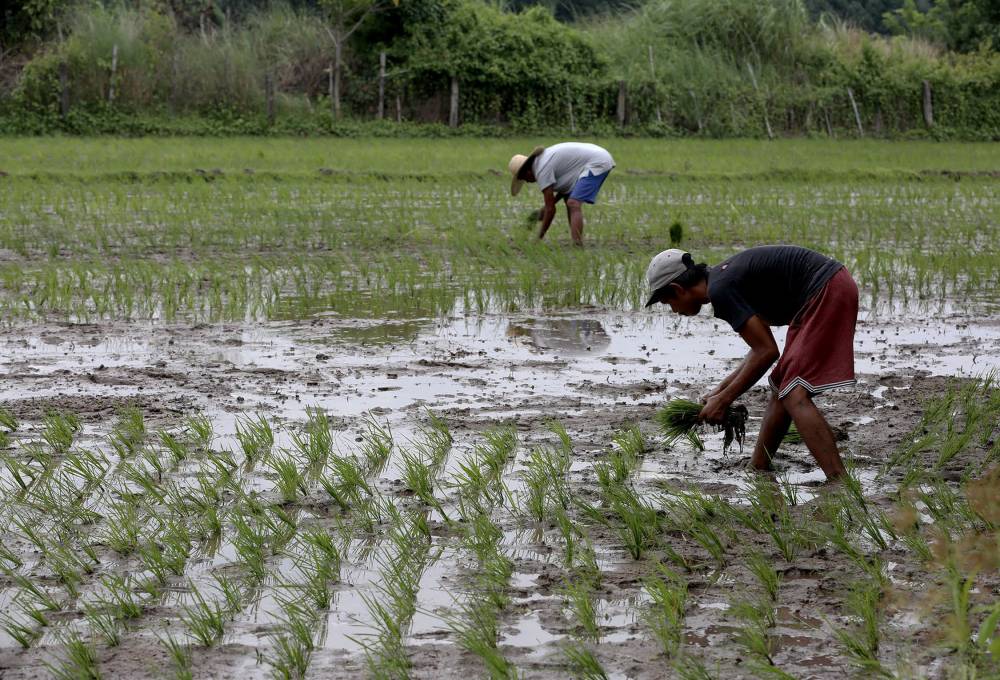PH remains world’s largest rice importer

Philippine rice imports are projected to hit a record-high 5.5 million metric tons (MT) in 2026, maintaining the country’s ranking as the world’s biggest importer of this household staple.
This is based on the estimate of the US Department of Agriculture’s Foreign Agricultural Service (USDA), which, if achieved, would exceed the highest rice import volume of 4.8 million MT recorded in 2024.
This year, the USDA is expecting rice imports to increase by 12.5 percent to 5.4 million MT. The projected growth next year is more modest at 1.85 percent.
Nonetheless, the foreign agency attributed this to the “growth in population, increased tourism and continued importance as a staple.”
The USDA tally showed that the Philippines had topped the list of rice importers worldwide. Vietnam, the country’s leading source of imported rice, came in second with 4.1 million MT imports, followed by Nigeria with 3 million MT.
On the other hand, the USDA expects local milled production to reach 12.3 million MT in 2026, up by 2.5 percent from this year.
The Department of Agriculture (DA) said last week that it was “very optimistic” about hitting the palay (unmilled rice) output target of 20.46 million MT this year because of the various interventions.
Agriculture Assistant Secretary Joycel Panlilio said in a press briefing last week that local production would recover in the second quarter, noting that some rice-producing regions such as Cagayan Valley had recorded lower yield per hectare previously due to typhoons.
Panlilio, also the DA’s deputy spokesperson, said the double dry cropping season program of the National Irrigation Administration, which allows farmers to cultivate rice during two consecutive seasons, would help attain this year’s production target.
The Philippines’ overseas rice purchases already breached the 1 million MT mark, with the Bureau of Plant Industry reporting a 1.32-million MT volume as of May 2.
Vietnam accounted for 84.8 percent or 1.12 million of the total imports. Thailand came next with 86,271.13 MT and Pakistan with 71,125.68 MT.
On the other hand, the country’s palay production attained a record of 20.06 million MT in 2023 before declining to 19.09 million MT the following year, data from the Philippine Statistics Authority showed.
In the first quarter of 2025, palay output totaled 4.69 million MT, nearly unchanged from 4.68 million MT in the same period a year ago, according to the statistics agency.





















Leveraging the wonder of biochar for growing crops